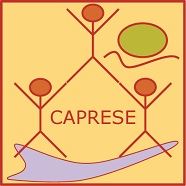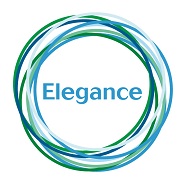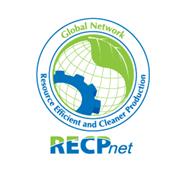Sustainable branding: Raising awareness the eco-friendly way
Sustainable branding: Raising awareness the eco-friendly way

Thanks to influencers and social media, raising brand awareness is now as easy as plopping a video online and hoping it gets traction. But to be truly sustainable, brands have to look beyond digital and rethink their impact on the real world.
The digital space has powered a consumer-driven evolution in marketing that has shifted the way people view both the medium and the message. And savvy consumers are expecting more from their brands than quality, price and performance – they want to buy into the philosophy of the company behind them too, says GreenEdge communications director Hugh Tyrell.
“People are far more critical of brands, and require a lot more transparency about products, services and performance – they want to know about the company behind it – it’s ethics and behaviours,” says Tyrell. Conscious consumption, says Tyrell, is more than a catchphrase: “It has increased the importance of companies reducing any risk to their reputation by undertaking a sustainable journey.”
A former ad agency exec with 30 years of experience in marketing and communications, Tyrell is an environmental communications consultant who heads up various waste management and recycling initiatives and specialises in designing recycling behaviour change programmes to increase participation on all levels.
Critical for brands
These programmes are critical for any brand or company aiming to sustain their position in the marketplace, he points out. “Any product or company backed by environmental and sustainable attributes has a competitive advantage in the marketplace.”
While not easily measurable, the benefits of a sustainable business approach are manifold. “Sustainability and environmental responsibility is very compatible with profitability – there are tangible and intangible benefits,” says Tyrell, citing a study that found that employee perception of the firm’s environmental performance had a bigger influence on their satisfaction than its financial success.
“Young people want purpose – they want to work with companies who have purpose. I think we are reaching a stage where awareness of our civilisation’s impact on the planet is becoming more evident. And people want to do something about that; if they can do that in their nine-to-five, they feel better about going to work. So building a sustainable culture does translate to greater productivity, greater happiness, more supportive staff and a better atmosphere altogether.”
Kerb appeal
It’s a trend that is slowly taking root, with more companies bringing sustainable practices into the workplace, acknowledges Tyrell, who heads up programmes with government, non-profits and companies.
But GreenEdge is on a mission to take this further, and hoping to get brands to support various initiatives that will create and grow environmental awareness buy targeting the missing link in the waste management chain: the consumer, for whom separating waste in the home is not necessarily a priority.
This is where companies can support proactive initiatives already in place by encouraging behavioural change in households.
“There are huge opportunities for brands to create awareness around household recycling on the while growing visibility,” says Tyrell, citing collaboration with local municipalities or aligning with socially- and environmentally-responsible causes as a step in the right direction. Sponsoring branded bags for recycling dry goods such as paper and cardboard for kerbside collection of municipal waste is one such initiative, suggests Tyrrell.
Relooking brand packaging is another: products enclosed in sustainable, eco-friendly packaging that promote waste separation from the home to municipal collection points, even at the kerb, has multiple benefits, says Tyrell. Brands not only support the expansion of the recycling industry, economic growth and job creation, they effectively raise their own exposure and project a positive image. “Messaging materials offer targeted in-home brand exposure and stay visible in households,” says Tyrell. “The company and brand is directly associated with environmental education and action, healthy neighbourhoods and natural resource conservation.”
That’s one surefire way to influence consumers into spreading the word about your product.
Source: themediaonline.co.za



















